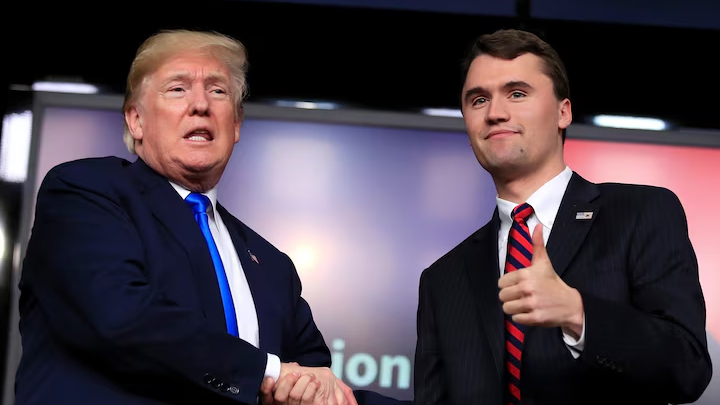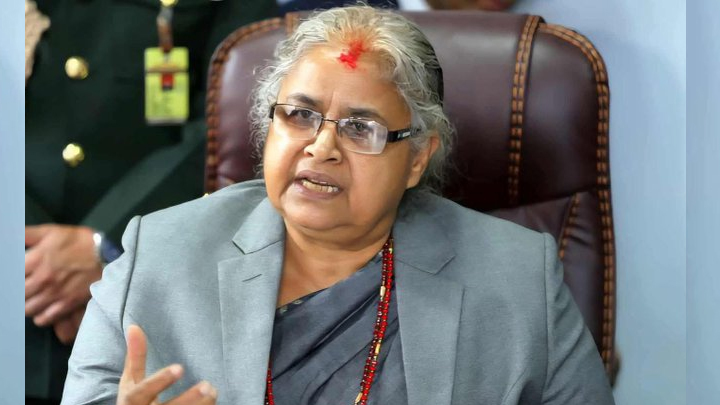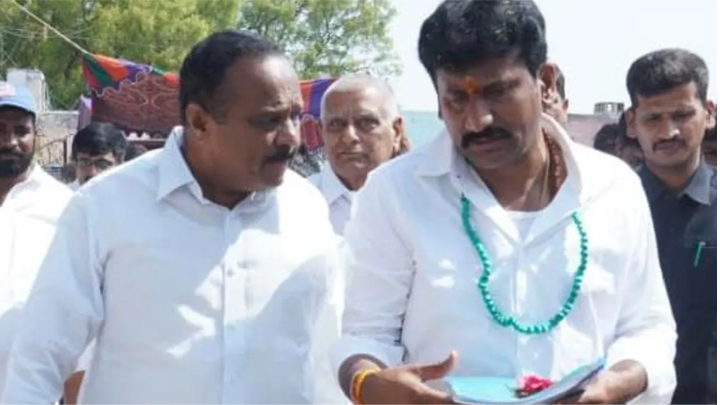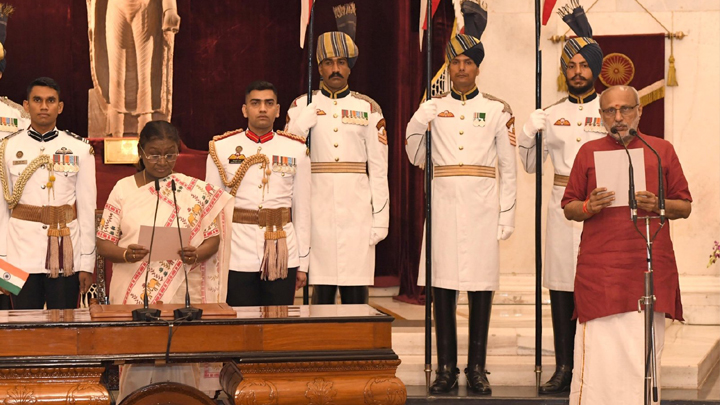In an unusual and bold move, some of Andhra Pradesh’s most senior IAS and IPS officers recently gathered in secret at a hotel in Hyderabad. Behind closed doors, away from political ears and eyes, they spoke candidly — not just as administrators, but as individuals grappling with a growing sense of unease.
Their message was clear: the bureaucracy is not a pawn on a political chessboard.
A Quiet Meeting, A Loud Message
The confidential meeting — not informed to the state government — was sparked by recent events that many officers describe as unprecedented. With legal cases, sudden arrests, and politically influenced transfers mounting, civil servants say they’re being pushed into uncomfortable corners.
One senior officer, speaking on condition of anonymity, shared, “We’ve always worked with changing governments. But this feels different. There’s fear now — not just for our careers, but for what we’re becoming.”
At the center of much discussion was IPS officer PSR Anjaneyulu, whose arrest raised alarm among his peers. “If it can happen to someone of his standing, it can happen to any of us,” another officer remarked.
Growing Frustration, Waning Autonomy
A key grievance raised was the increasing role of local MLAs in bureaucratic decisions. Officers say transfers and postings — once based on merit or administrative need — are now swayed by political allegiances. The feeling among many is that bureaucratic neutrality is slowly being eroded.
Adding to their concern is the appointment of retired IAS officers to powerful roles in the current government. Many see this as a snub to serving officers and a move that consolidates control in the hands of politically aligned individuals.
The Shadow of Political Vendetta:
Officers who had previously worked closely with former Chief Minister YS Jagan Mohan Reddy feel they are being singled out. Several attendees of the meeting admitted they fear becoming collateral damage in the political tug-of-war between the past and present regimes.
“We were just doing our jobs,” said one official. “But now, our past postings and associations are being used against us. It’s deeply unfair.”
A Promise to Each Other — and to Democracy:
Despite the tension, the meeting ended with a shared resolution: to stand firm, to uphold the values of the civil service, and to resist political manipulation — even if it comes at a personal cost.
“There’s strength in solidarity,” one participant said. “If we stop protecting the line between politics and bureaucracy, who will?”
Public Watching Closely:
Interestingly, many in the public seem to see through the current political theater. There’s growing recognition that some of the cases against officials may be politically motivated. This shifting perception is providing civil servants with a rare kind of silent support from the very people they serve.
Political Ripples:
The state’s Chief Secretary is reportedly aware of the secret meeting, though the official response has been muted. Meanwhile, TDP leader Nara Lokesh downplayed the significance of the gathering, calling it routine — a remark that has stirred further political debate.
A Warning Sign, Say Analysts
Experts see the meeting as a turning point. “This isn’t normal,” said one political observer. “When senior bureaucrats gather in secret and vow to resist pressure, it means the system is in distress. If the government doesn’t take this seriously, it could lead to a wider administrative crisis.”











